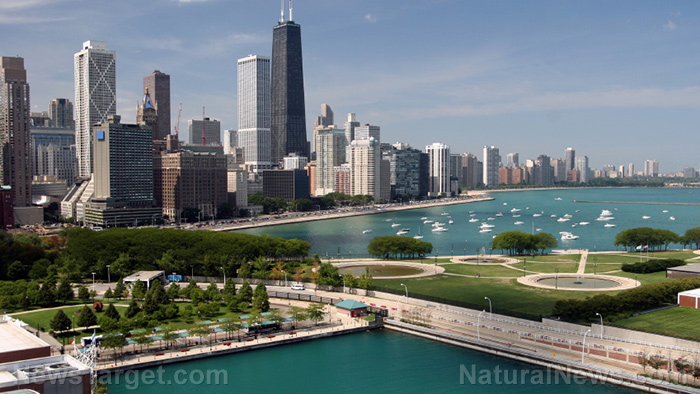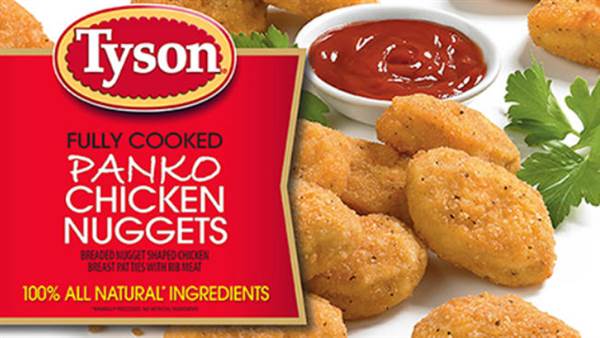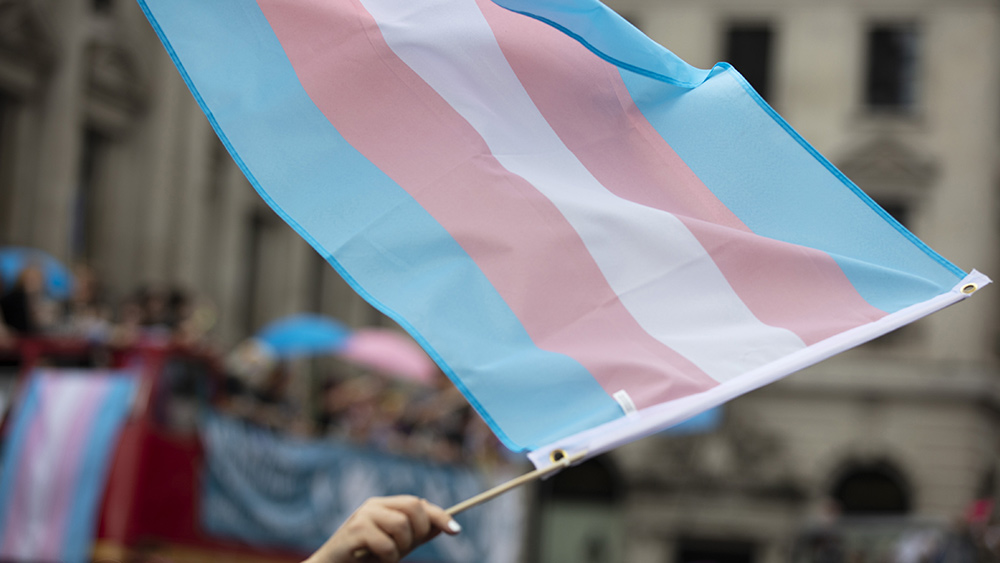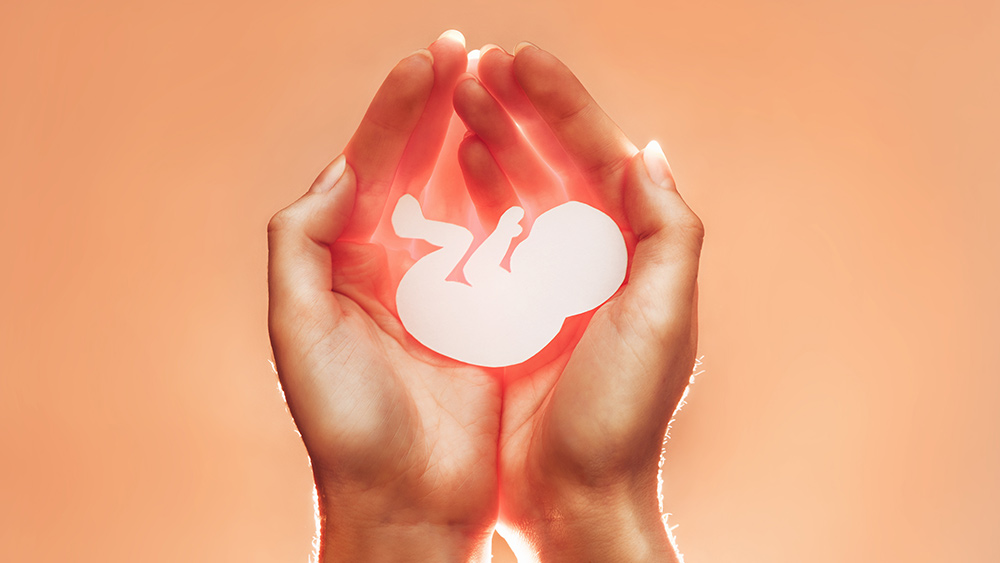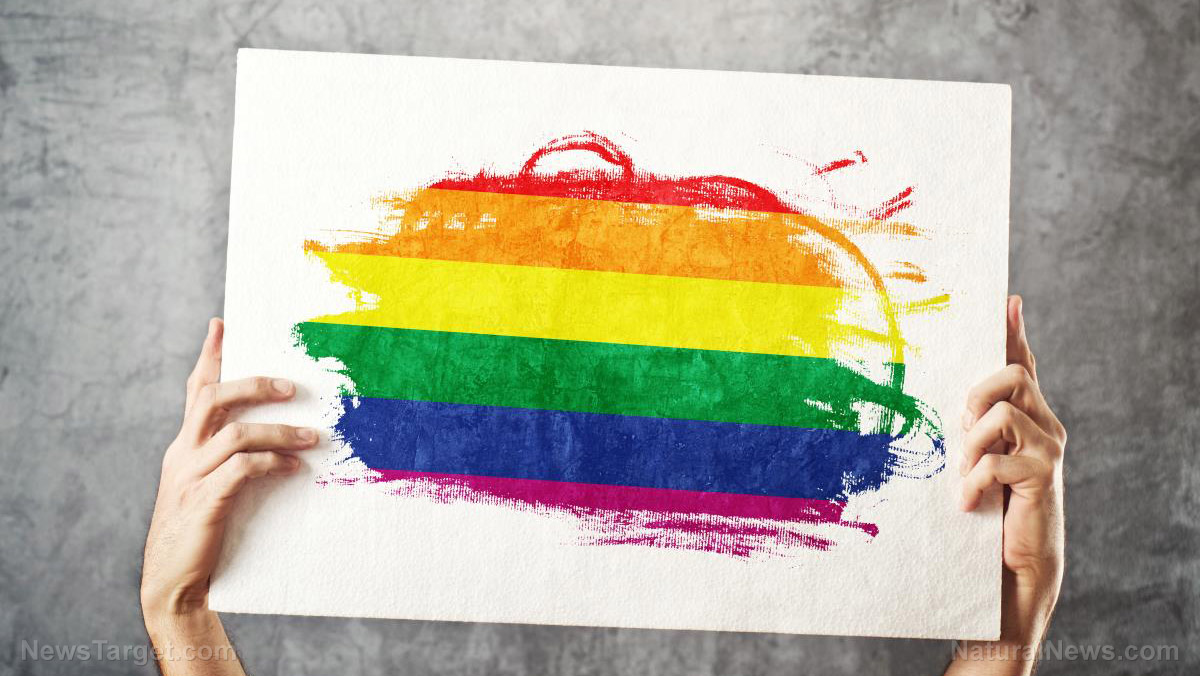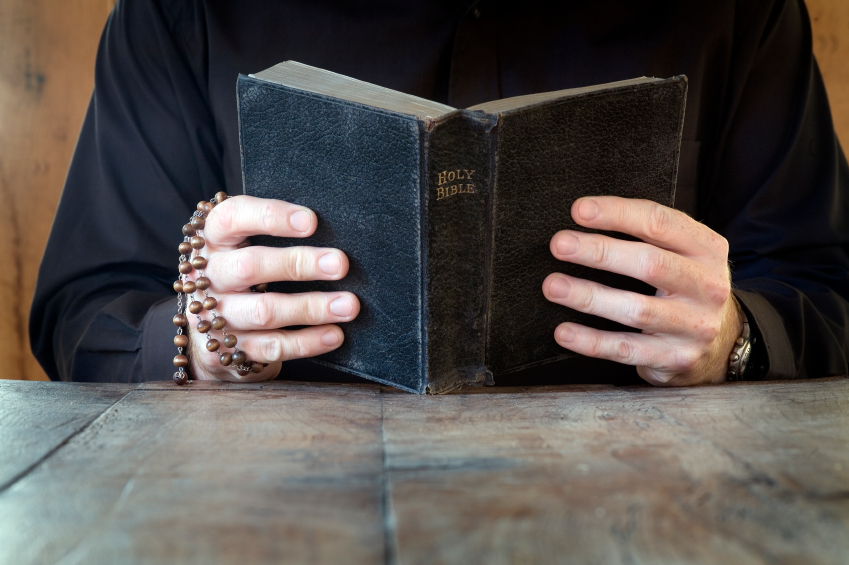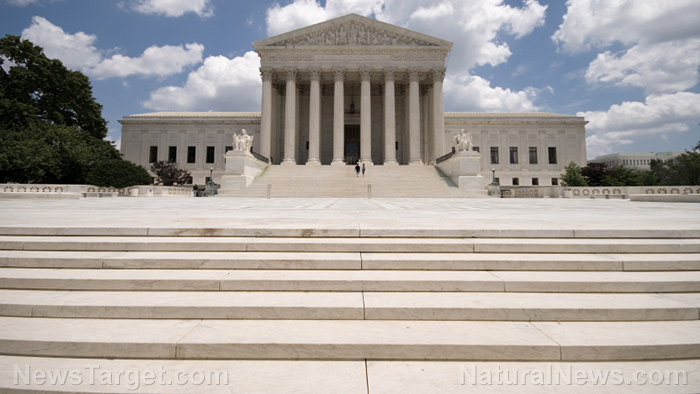
The U.S. Supreme Court breathed new life into the Constitution on Monday, while justices dealt a crushing blow to Left-wing advocates of gay rights over all others, including religious freedom protections.
As noted by Katie Pavlich at Townhall, the high court ruled overwhelmingly — 7-2 — in favor of Christian baker Jack Phillips, who refused to design a wedding cake for a gay couple, Charlie Craig and David Mullins, some five years ago because of his religious convictions.
She noted that Justices Kennedy, Roberts, Alito, Breyer, Kagan, Gorsuch and Thomas ruled in favor of Phillips, with Ginsburg and Sotomayor dissenting.
Justice Kennedy wrote the opinion.
“The Commission’s treatment of Phillips’ case violated the State’s duty under the First Amendment not to base laws or regulations on hostility to a religion or religious viewpoint," the ruling states. "The government, consistent with the Constitution’s guarantee of free exercise, cannot impose regulations that are hostile to the religious beliefs of affected citizens and cannot act in a manner that passes judgment upon or presupposes the illegitimacy of religious beliefs and practices.”
The ruling further noted, “The laws and the Constitution can, and in some instances must, protect gay persons and gay couples in the exercise of their civil rights, but religious and philosophical objections to gay marriage are protected views and in some instances protected forms of expression. To Phillips, his claim that using his artistic skills to make an expressive statement, a wedding endorsement in his own voice and of his own creation, has a significant First Amendment speech component and implicates his deep and sincere religious beliefs.” (Related: GAY MAFIA handed huge defeat in 7-2 U.S. Supreme Court decision involving a Christian baker.)
Ruling restores lost elements of the First Amendment
Oral arguments in the case were made in December, when it appeared as though a majority of justices were going to side with Phillips. The Trump Justice Department supported Phillips in the case, as reported by The Washington Post.
The paper noted then that the Justice Department's acting solicitor general, Jefferey B. Wall, filed an amicus brief supporting Phillips' position that his cakes are a "form of expression" and are thus protected by the First Amendment. What's more, both the Justice Department and others who backed Phillips knew that he was not "refusing" to serve Craig and Mullins, but only that he could not bake them a special cake for their wedding.
In his brief, Wall noted specifically that no one can be forced or coerced to "create expression."
Some legal analysts are arguing that the ruling won’t necessarily protect people on religious grounds from being forced to participate in the support of same-sex marriages in the future. These legal scholars note that the SCOTUS ruling focuses in particular on the state of Colorado’s unique bias towards Phillips, as well as the unequal application of the state’s anti-discrimination laws against him — not strictly regarding the issue of religious expression.
Kennedy noted further that the commissioner compared Phillips' sincere religious avocation as no different than when Americans more than 160 years ago were attempting to justify slavery, which he found both unconscionable and "inappropriate" for a public servant who is charged with fairly interpreting and applying the law.
Over the course of years, Leftist Democrats in blue state legislatures, as well as gay rights advocates filing cases in cherry-picked activist federal courts, have used the Fourteenth Amendment’s equal protection clause to essentially neuter the First Amendment’s freedom of religion and freedom of expression clauses.
This ruling revitalizes the religious freedom clause of the First Amendment and could lead the way to additional rulings that will restore religious liberties that were hollowed out during the Obama nightmare.
Read more about Left-wing intolerance at Intolerance.news.
J.D. Heyes is editor of The National Sentinel and a senior writer for Natural News and News Target.
Sources include:
Please contact us for more information.










